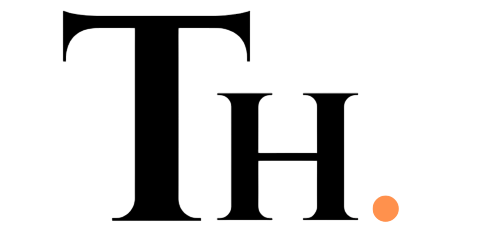
OpenAI’s Ghibli-style AI image generator has taken social media by storm, allowing users to transform their photos into stunning AI portraits inspired by legendary animator Hayao Miyazaki. From politicians and celebrities to everyday users, countless people are embracing the trend and sharing their AI-generated artwork online.
However, digital privacy activists are raising serious concerns, warning that OpenAI may be using this viral trend to collect thousands of personal images for AI training. While users are excitedly experimenting with the feature, critics caution that they could unknowingly be providing fresh facial data, potentially compromising their privacy and security. The debate highlights the growing concerns surrounding AI, data collection, and personal privacy in the digital age.
The trend has raised concerns about AI using copyrighted artwork and how it could affect human artists in the future. Hayao Miyazaki, the legendary animator known for his hand-drawn style and storytelling, has always been doubtful about AI’s role in animation.
Meanwhile, digital privacy activists believe OpenAI’s data collection is a bigger issue than just copyright. They argue that the company is using this trend to collect images that people willingly submit, avoiding the legal restrictions that apply to data taken from the internet. This has sparked worries about privacy, consent, and how AI might change content creation.
When people voluntarily upload their images, they unknowingly permit OpenAI to use them, making it easier for the company to process the data under different legal rules.
Under GDPR, OpenAI must justify collecting images from the internet by proving it is necessary and does not violate user privacy. However, legal expert Luiza Jarovsky explained in a post on X that voluntarily submitted images bypass these restrictions, giving OpenAI more freedom compared to web-scraped data.
Legal expert Luiza Jarovsky pointed out that OpenAI’s privacy policy clearly states that the company collects user data to train its AI models unless users opt out.
She further explained that OpenAI is gaining free access to private images, with only the company retaining the original photos, while social media and other AI platforms only see the “Ghiblified” versions. She also noted that this trend is making people comfortable with uploading their photos to ChatGPT for fun avatars, reducing the need for third-party providers.
Meanwhile, a cybersecurity group called Himachal Cyber Warriors warned users to “think before you #Ghibli,” cautioning that AI-generated selfies could be misused, manipulated, or even sold for targeted advertising. They urged people to stay vigilant about their online privacy.
What OpenAI said
Although OpenAI has yet to release an official statement on data privacy concerns surrounding its Ghibli-style AI image generator, ChatGPT itself warns users to be cautious. OpenAI has said to a news portal that it is not advisable unless users are certain about the platform’s privacy policies.
ChatGPT clarified that OpenAI does not retain or use uploaded images beyond the session, but it still urged users to avoid sharing sensitive photos. It also recommends opting for offline tools or secure apps for privacy-focused image processing.



